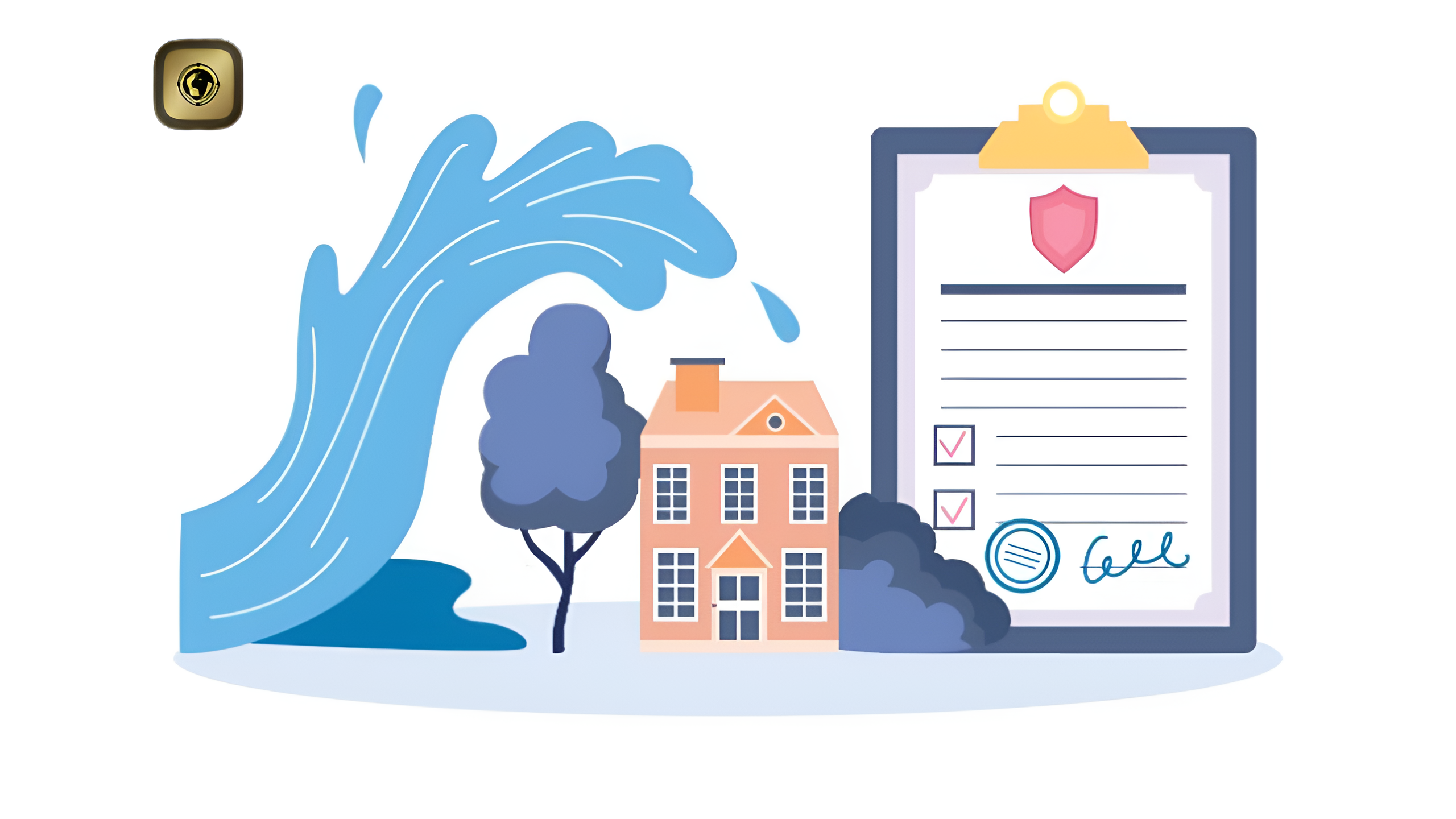April 9, 2025
- Buying the house of your dreams is a goal that many of us aspire to achieve. There is pure joy when one moves into their new home. At the same time, a house is undoubtedly one of the largest investments you will ever make in your life. Therefore, it makes perfect sense to choose a home insurance policy and safeguard your house against all potential risks.
- However, simply purchasing a home insurance policy may not be enough. There are several factors that you need to consider during the duration of the policy. We will discuss that shortly. Neglecting to adhere to these may put you at risk of being dropped by your home insurance provider. Many individuals find themselves being dropped by their home insurance companies.
- Can Insurance Companies Drop You from the Policy? When we refer to being dropped from the policy, there are two specific situations that arise. Insurance providers can either opt to cancel the insurance policy or decide not to allow you to renew it.
- Cancellation of the policy means that the insurance provider terminates the coverage of the policy and does not provide you with any benefits during the policy term. Conversely, non-renewal occurs only at the conclusion of the policy period. In the case of non-renewal, the insurance provider will not present you with the option to renew the policy.
Homeowners Insurance Cancellation There are several conditions under which an insurance provider may cancel your policy. Some typical examples include:
- If a policyholder fails to make premium payments for the insurance
- If your insurance provider suggests or requests repairs to the house based on their inspection and you decline to make them
- If a policyholder engages in insurance fraud or has provided false information in their application form
- In addition to the above, there may be some rare circumstances where the insurance provider might decide to cancel your policy while it is still active. Some of these reasons might not be related to you as a policyholder.
- Although uncommon, a policy can be cancelled if the insurance provider becomes insolvent during a fiscal year. Insolvency usually indicates that an insurance provider is experiencing significant financial difficulties and cannot sustain themselves. There have been a few instances where companies have become insolvent. In those cases, the regulatory authority takes control of the assets of the insurance provider.
- While the IRDAI has implemented several careful measures to prevent such occurrences, it can never be entirely eliminated. If a company becomes insolvent and can no longer operate, there are two potential consequences.
- In such situations, the role of IRDAI becomes even more crucial. The regulatory authority decides whether they want to transfer all the policies to another insurance provider or continue offering the coverage themselves. This is why paying your policy premiums consistently becomes even more essential.
- Homeowners Insurance Non-Renewal
- There are several situations where your insurance company may decide not to renew the home insurance policy at the conclusion of the policy period. While it is not a frequent situation, it is a possibility. Should your insurance company opt not to renew your policy, they are required to provide you with prior notice regarding this. It is the duty of the insurance company to inform you about their decision with ample time beforehand. Below are some of the key reasons for the non-renewal of homeowners insurance.
- The insured individual has committed insurance fraud.
- If an insurance company chooses to withdraw from the home insurance market, solely for business-related reasons.
- If the policyholder’s credit score significantly decreases.
- If the insurance company aims to lower the total number of policies that it issues in a specific area. A good instance is numerous claims in the area caused by natural disasters.
- A policyholder submits multiple claims during the policy period.
What Should You Do Following a Cancellation by Your Insurance Provider?
If an insurance company is terminating your policy, they are obligated to notify you ahead of time. This notice period typically ranges from 30 to 45 days before your policy comes to an end. This advance alert provides you with ample time to seek another home insurance policy.
The insurance company is also responsible for giving you a rationale for ending the policy coverage. If they do not do this, contact your insurance provider to request clarification or justification for their action. If you disagree with the reason given, you can escalate the issue to the regulatory authority.
For instance, if the insurance company claims that your home is located in a high-risk area susceptible to severe weather damage, you can refute that by providing documentation that your home is not in a high-risk area or that you have undertaken sufficient measures to manage the risks.
Begin Searching for New Insurance Policies
Regardless of whether you decide to dispute the cancellation of a policy or its non-renewal, it is essential to seek a home insurance policy. This is mainly to ensure that you maintain coverage for your home.
As you are in search of a new policy, it may be wise to compare various homeowners insurance policies prior to making a purchase. Comparing policies will assist you in locating an insurance provider that delivers all the coverage you desire, without incurring an excessively high premium for it.
Moreover, the advantage of these comparisons is that they can be conducted at no cost. You can compare policies online and adjust different parameters to observe how they influence the policy premiums. Plus, you can accomplish all of this from the convenience of your home.



Leave A Comment